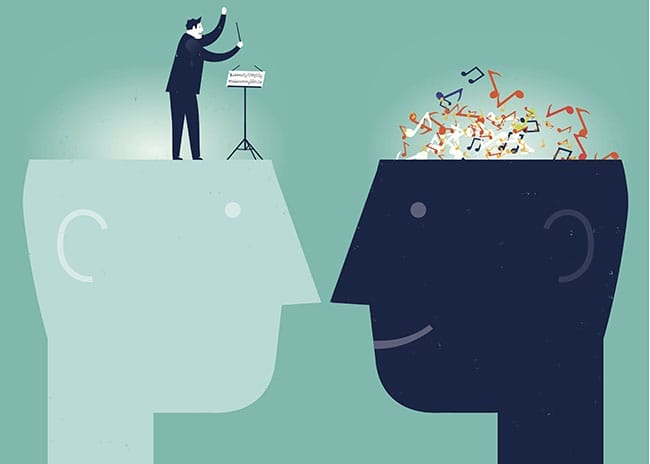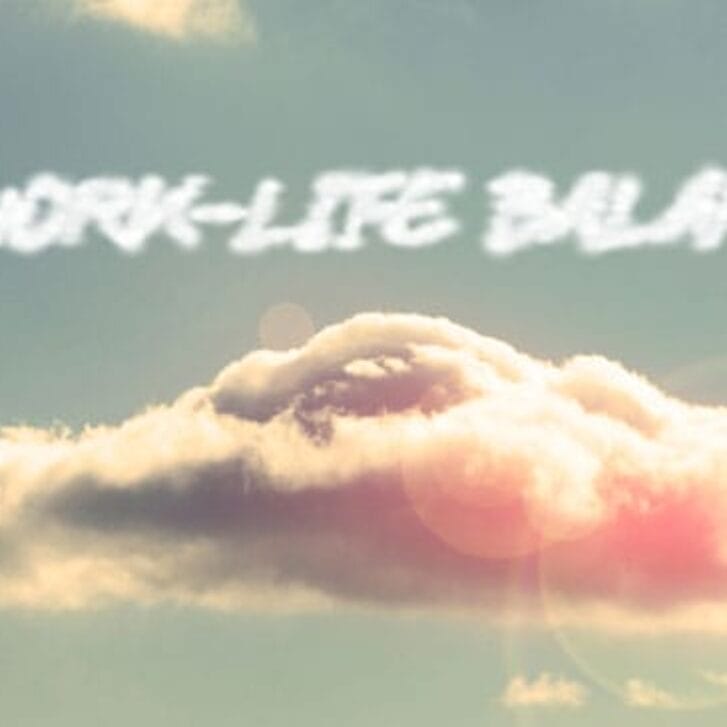When I was at Wharton, a successful entrepreneur told my class, “A superior leader is a person who can bring ordinary people together to achieve extraordinary results.”
Over the years, I’ve come to realize that his lesson works for everybody, not just leaders. It works in all walks of life, whether you are able to help a friend, guide a student or nudge a neighbor in the right direction.
Three years ago, seeking to find a better balance between my work and personal lives, I set out to formulate a simple credo that would guide my actions 365 days a year. A big part of my motivation was the desire to help others in a meaningful way. I came up with this sentence:
Be generous and expert, trustworthy and clear, open-minded and adaptable, persistent and present.
At first, I simply lived with these words, noting how they pushed me to be a bit kinder and a bit less concerned about being “right.” But they quickly found their way into my writings, and recently, I’ve shared them in talks at places as diverse as Wesleyan University in Middletown, Connecticut and a Web/marketing conference in Bend, Oregon.
One woman in Bend confessed that she was crying during my presentation, because it had been years since anyone in business had taken the time to sincerely express an interest in the needs of other people, outside of a sales conversation. She was in the process of reinventing her career—again—and she very much needed support and understanding.
When I’m in front of an audience, I can see in the eyes of various attendees that they are desperate to find more meaning in their careers and their lives. Getting ahead, or going it alone, isn’t enough. They want to feel as though they are “in it together” with others, rather than on board until some or all of us get laid off.
Let me break down my simple little sentence for you:
Generous means to help others long before—and after—you need their help.
Expert means to be competent in one or more areas that others value and to use this expertise to benefit others.
Trustworthy means to be a person who stands behind others, especially in tough times.
Clear means to help people clarify what they want and also help them express this in a simple and straightforward manner.
Open-minded means never stop listening and learning and make it easier for others to do the same.
Adaptable means sharing one of the most valuable insights anyone can gain, which is that we all have a greater ability to change our situations than it often seems.
Persistent means to help people even when it is hard, and they don’t immediately succeed.
Present means to set your thoughts and agenda aside so that you can listen to others and prove that they are important to you.
Let me give you a few examples of how these words translate into action.
To be generous, I follow two simple practices. First, every time I interact with another person, I put the words, “Help this person” into my head. This is true when the phone rings, when someone walks into my office or when I’m chatting at a happy hour. These three words are enough to shift my mindset from my thoughts and goals, to focus on what I can do to enrich the other person’s day. I can’t prove it, but my sense is that having these three words in your mind changes the way others perceive you, because they change the way you interact with others.
To also be generous, I put “kindness” first on my to-do list. I start each day by doing something kind for another person. This might mean introducing two special people to each other or sharing a superb article by a writer who hasn’t yet received the attention she or he deserves.
To be adaptable, I keep in mind a lesson I learned in Management 101 from Kenwyn Smith, professor of organizational behavior at the University of Pennsylvania, which is that no matter how high you rise on the ladder, you still feel caught in the middle between various forces. As a result, people tend to underestimate their ability to effect change. Professor Smith taught me that we can make change happen, as long as we are willing to pay the price of that change. Sharing this lesson with others, I help them muster the energy and motivation to improve their circumstances.
One last example: The single best way to empower another person is to empty your mind (and agenda) to listen to him or her. I don’t mean listen in a half-hearted, distracted manner. I mean listen as though nothing else in the world matters to you. When you do this, you start to understand what really makes the other person tick. Often times, you can also pick up on what they aren’t saying and for what reason.
Whether or not you adopt my sentence—and I urge you to consider doing so—please keep in mind this important lesson: the best talent of all is bringing out talent in other people.


























